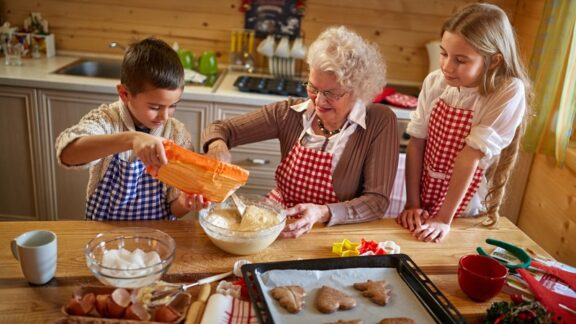Should someone expect friends to offer support during the challenges of settling an estate, or is that asking too much? A daughter managing her parents’ estates asks advice columnist Amy Dickinson to weigh in.
Dear Readers:
As I have announced previously, I am leaving this space. My last column will run at the end of June. (Readers can continue to find my work through my newsletter and at amydickinson.com.) In the meantime, I’m publishing some favorite columns and updates on previously published advice. The original Q&A (first published in 2022) is below, with the update following.
Dear Amy:
During the height of the pandemic last year, each of my (divorced) parents died suddenly, two months apart.
As a result, I was left with two difficult estates to wade through on my own.
My childhood girlfriend has only seen me once in seven-and-a-half months, even though she is well aware that I have no siblings or immediate family to assist with the challenges of settling an estate. I feel very hurt that she believes that “praying for me” is enough.
In my time of need, shouldn’t she be expected to do something practical?
– Wondering
Dear Wondering:
This is such a tough situation, and I’m so sorry you are experiencing it.

Yes, good friends should have a reasonable expectation of assistance when times are tough. And yes, good friends sometimes let each other down.
However, you don’t mention actually asking for help. If there is a job you believe your friend might be well-suited for – for instance, driving boxes to the donation center – ask her.
I have come to understand that unless people have personally faced this sort of challenge themselves, they don’t have any idea of how physically exhausting and upsetting it is to clear out parents’ homes.
Years ago, after dealing with the challenges of settling an estate myself, I ran into an old friend from high school; her truck was piled high with her late-father’s belongings. We both stood in a snowy parking lot and traded teary stories about how hard this aspect of loss had been. And we agreed that until we had actually had the experience of clearing out households after a death in the family, we’d had no idea how lonely and overwhelming it would be.
If you are simply overwhelmed by the enormity of the entire task, you could ask your friend: “Can you come over to my mom’s house for a few hours on Saturday and keep me company while I sort through some of her things? I’m really struggling and could use a hand. I’ll bring the donuts.”
Dear Amy:
It has been two years since you responded to my question.
When I wrote to you, I was focused on the exhaustion of dealing with everything on my own after my parents’ death. I was pained that during my time of need my childhood friend did not offer to help.
I was touched by your response. Your acknowledgement of my pain and sadness disposing of my parent’s things, as well as the loss of my childhood home, was a balm to my grief-stricken soul.
Thank you for reminding the world that the pain of death continues with packing the first box.
– Tammie
Dear Tammie:
I hope that your question (and thoughtful update) will continue to inspire people to offer more than “thoughts and prayers” in response to a loss like yours. In addition to expressions of concern and sympathy, sometimes a grieving person also needs … a little muscle – and the use of a pickup truck.
In the tradition of the great personal advice columnists, Chicago Tribune’s Amy Dickinson is a plainspoken straight shooter who relates to readers of all ages. She answers personal questions by addressing issues from both her head and her heart. A solid reporter, Dickinson researches her topics to provide readers with informed opinions and answers – ranging from the challenges of settling an estate, to a depressed parent, and a new step grandma. Ask Amy, P.O. Box 194, Freeville, NY 13068.




